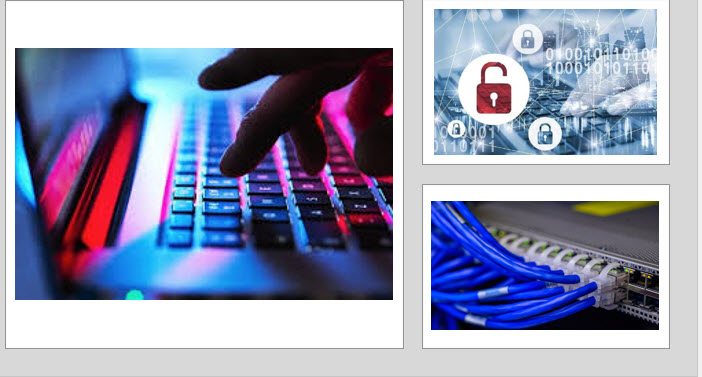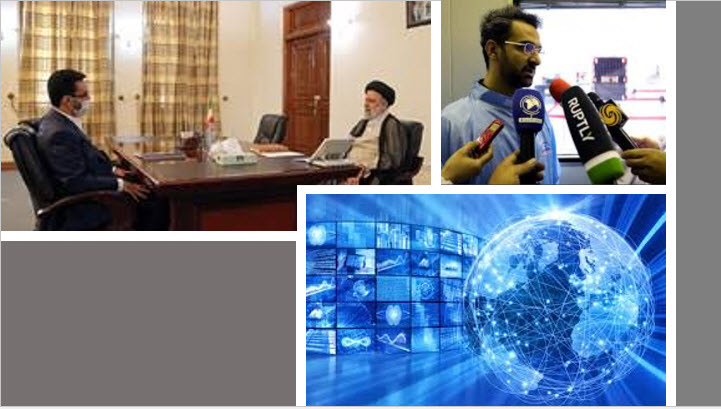
Javaid Rehman, Special Rapporteur on the situation of human rights in Iran; Irene Khan, Special Rapporteur on the right to freedom of opinion and expression; and Alexandra Xanthaki, Special Rapporteur in the field of cultural rights, warn about the Iranian regime’s internet censorship bill.
Three UN human rights academics cautioned in a letter about the consequences of the Iranian regime’s internet control measure. The signatories, Special Rapporteur on the situation of human rights in Iran Javaid Rehman, Irene Khan, Special Rapporteur on the right to freedom of expression, and Alexandra Xanthaki, Special Rapporteur on cultural rights, warned that the new law would effectively isolate Iran from the global internet.
“This bill represents a worrying step towards the consolidation of a digital wall in Iran. It will further restrict information in an environment where the freedom of expression and other fundamental rights are already heavily curtailed. It also interferes with the right of individuals to participate in cultural life and have access to cultural resources,” the experts said.
The letter comes a week after a Majlis (parliament) subcommittee adopted the Cyberspace Users Rights bill, which expands existing internet access limitations. As per the bill’s draft text, the regime will block access to the few remaining social media platforms in Iran, force technology companies to follow the rules imposed by the Supreme Cyberspace Council, which oversees internet censorship, and require tech companies to cooperate with the regime in surveillance and censorship. The bill also makes it illegal to use virtual private networks (VPN).

As per the bill’s draft text, the regime will block access to the few remaining social media platforms in Iran, force technology companies to follow the rules imposed by the Supreme Cyberspace Council.
Iranian authorities failed to respond to a letter made by human rights experts in 2021, citing concerns about the consequences of banning internet access in Iran. The experts also warn about the economic consequences of internet censorship in Iran in their latest letter. Millions of Iranians conduct their enterprises using the internet and social media platforms. The loss of internet connectivity will have a significant negative impact on their life.”Access to information and an enabling atmosphere for the interchange of ideas and cultural resources are unquestionably important for a society’s economic and social progress today.” The experts wrote in their letter, “We appeal on the Islamic Republic of Iran to reconsider this bill.”
At the same time, the Majlis is considering another idea that would punish users who “produce content on banned social media networks” with monetary and prison penalties. The measure will be added to an existing bill that prohibits the use of satellite TV networks.
All these efforts to restrict internet access to millions of Iranians have implications about which the regime’s own officials are warning. The regime’s main concern is that internet platforms have become sites for dissidents to join and organize rallies in Iran, as well as to inform the rest of the world about them. During the 2019 movement, when anti-regime protests expanded to over 190 places in a matter of days, this force was on full show. The dictatorship was only spared from collapse by the violent killing of demonstrators and a total internet blackout. This subject has grown so important to the regime that Ali Khamenei, the regime’s supreme leader, is personally overseeing it, and his spokespeople are emphasizing the importance of internet restrictions in their Friday Prayer sermons.
Despite the fact that some authorities argue that the internet censorship measure faces technical challenges and that limiting internet access will harm the country’s economy, the regime appears to be on track to carry out its ambitions. And, according to recent reports, the dictatorship is limiting internet access and testing its internet filtering infrastructure in secret.
However, even the regime’s own specialists and officials warn that internet filtering will be far more difficult than previously thought. The Iranian people have adapted their censorship circumvention methods in response to the regime’s attempts to ban access to social media platforms. “All these irrational internet limitations are in fact becoming marketing efforts for the new generation of satellite-based internet services,” a former regime official said.

According to recent reports, the dictatorship is limiting internet access and testing its internet filtering infrastructure in secret. Even the regime’s own specialists and officials warn that internet filtering will be far more difficult than previously thought.
MEK Iran (follow us on Twitter and Facebook), Maryam Rajavi’s on her site, Twitter & Facebook, NCRI (Twitter & Facebook) and People’s Mojahedin Organization of Iran – MEK IRAN – YouTube

